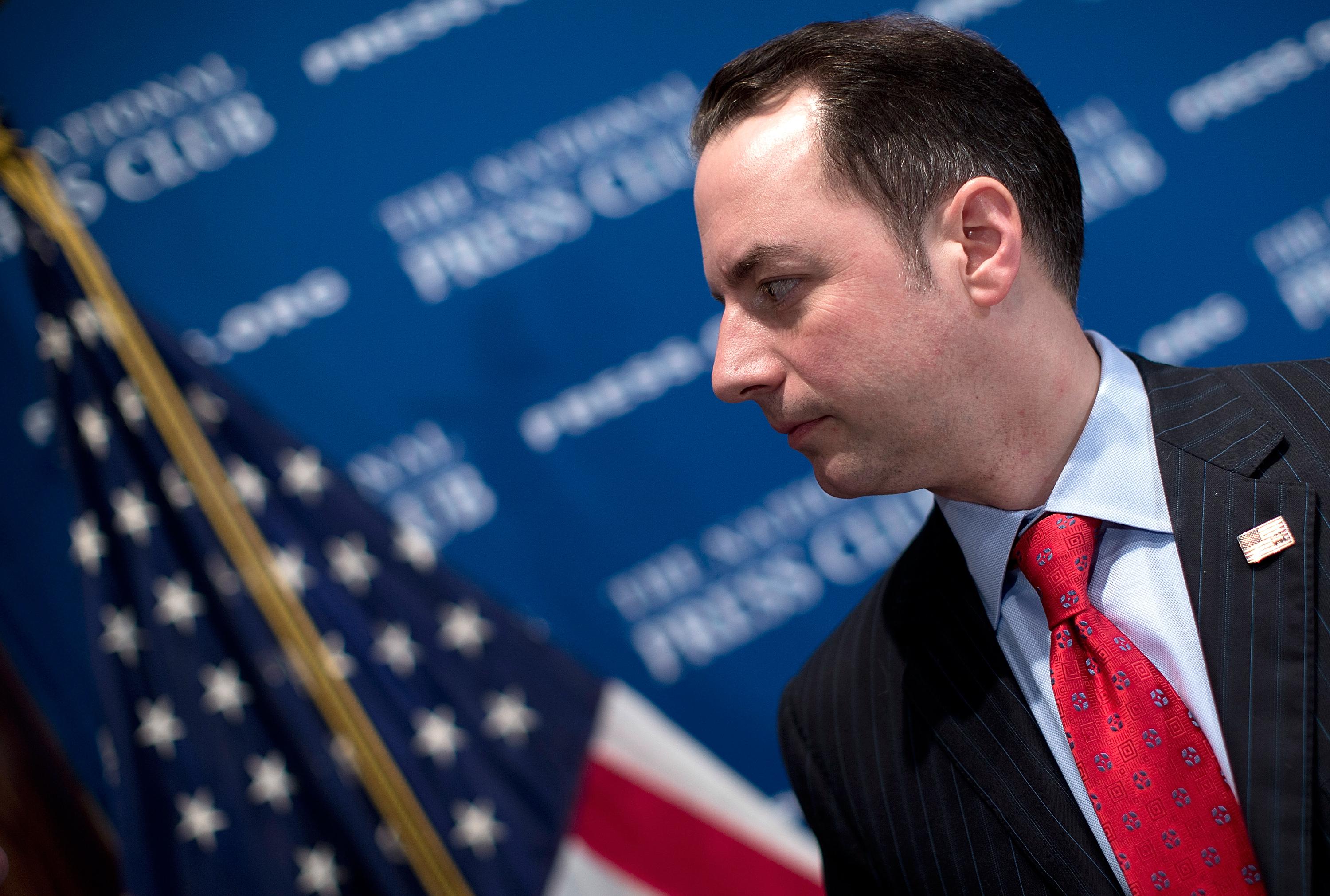How’s this for an image problem? Even though voters like the ideas that Republicans put forward to deal with the budget, they still say they trust the Democratic Party more than the Republican Party on that issue. The Hill asked voters to choose between two different approaches on the budget without actually telling them which of the parties supported each option. A total of 55 percent of voters supported a plan that would slash spending without additional tax revenue, similar to the plan presented by House Budget Committee chairman Paul Ryan. Only 28 percent of voters supported an option that sounded an awful lot like what Senate Budget Committee chairwoman Patty Murray put forward last week. And 65 percent said deficits should be fixed by cutting spending rather than raising taxes.
When the party names were brought into the picture, suddenly things changed. While 35 percent of voters said they trust Democrats more on budget issues, 30 percent said they trust Republicans more, and 34 percent said they don’t trust either party.
The poll coincides with the release of the Republican National Committee report that concedes the GOP needs to change its ways if it wants to appeal to voters that mostly see it as the party of “stuffy old men,” reports Politico. With the report, the Republican Party “put into writing Monday what many of its top strategists and leaders have been saying since last year’s election losses: The GOP is too old, too white, and too insular to win national contests,” notes CNN.
If the GOP hopes to remain competitive it must put forward “drastic changes to almost every major element of the modern Republican Party.” Ari Fleischer, one of the report’s authors told CNN Monday that the report is an attempt by Republicans to “blow a whistle on ourselves,” primarily on “how the party needs to be more inclusive, more welcoming.” Fleischer insists the GOP “is, indeed, a big tent,” noting as an example that “there is a genuine generational split in the Republican Party” on marriage equality.
One of the key points of the report is that Republicans “must embrace and champion comprehensive immigration reform” if the GOP hopes to appeal to Hispanic voters. When asked if some in the party would hesitate to support that recommendation, Fleischer told the Washington Post that the results of the last election changed lots of minds in the GOP. “It was such a clear two-by-four to the head in the 2012 election,” he said, “that not saying it would have been such a glaring omission. Republicans could never win again if that’s the status.”
